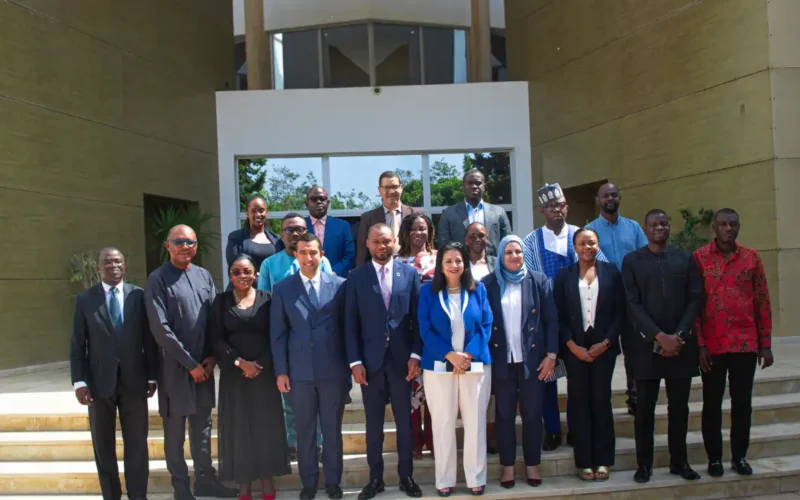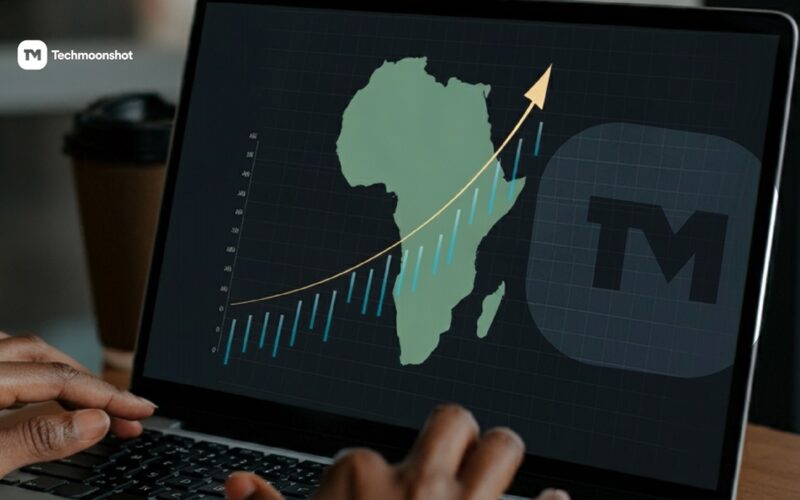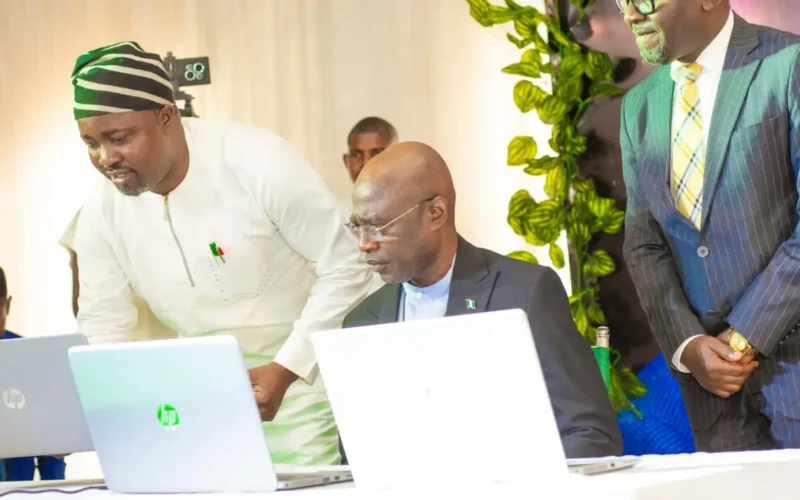Picture this: a Nigerian entrepreneur wanting to expand their fintech startup to Ghana, seamlessly accessing customer data across borders. A Kenyan student applying to universities in Morocco without drowning in paperwork. A Zambian government official collaborating with counterparts in Tunisia on a health initiative, sharing critical data instantly and securely.
This isn’t science fiction—it’s the ambitious vision driving Africa’s latest tech innovation, which is spearheaded by Smart Africa.
The Rabat Convergence
In the bustling halls of Morocco’s capital, something historic unfolded. Eleven African nations didn’t just meet—they embarked on a mission to rewrite the rules of digital cooperation across the continent. Led by Smart Africa’s Council of African IT Agencies (CAITA), with Morocco’s Digital Development Agency at the helm, these tech leaders gathered to draft something that had never existed before: Africa’s first Cross-Border Data Exchange Guidelines.
“This is a game-changer for Africa’s digital future,” declared Lacina Koné, CEO of Smart Africa, his words carrying the weight of continental ambition. “We’re laying the foundation for a secure, interoperable, and citizen-centric digital ecosystem that will drive economic growth and empower communities across the continent.”
The audacity of the goal is breathtaking: a single digital market spanning 1.4 billion people by 2030.
Beyond Borders, Beyond Barriers
The timing couldn’t be more perfect. As Morocco hosted its first National AI Summit, the alignment between national digital leadership and continental vision became crystal clear. The eleven participating nations—Benin, Burkina Faso, Côte d’Ivoire, Comoros, Gabon, Ghana, Mauritania, Nigeria, Tunisia, Zambia, and Morocco—weren’t just drafting guidelines. They were architecting the future.
The guidelines tackle the hard stuff: security protocols that protect sensitive data, privacy frameworks that respect citizen rights, and trust mechanisms that enable seamless cross-border digital services. It’s the kind of technical complexity that could make or break Africa’s digital transformation.
What made this gathering particularly compelling was the deep dive into Morocco’s digital transformation ecosystem. Participants explored the GovStack Information Mediator—a building block that represents global best practices for secure government data exchange. It’s like having a universal translator for government systems, enabling them to speak the same digital language.
Hosting this high-level initiative in Morocco reflects our unwavering commitment to advancing a trusted, interoperable, and sovereign digital space for Africa,” said Amine El Mezouaghi, Director General of ADD. His words echoed a larger truth: this isn’t just about technology—it’s about sovereignty, about Africa defining its own digital destiny.
The Stakes Are Sky-High
The implications are staggering. Imagine government services that work seamlessly across borders, businesses that can scale continentally without digital friction, and citizens who can access services regardless of which country they’re in. The Smart Africa Manifesto envisions exactly this—enhanced government-to-citizen, government-to-business, and government-to-government services powered by interoperable technology.
But here’s the moonshot reality: getting eleven countries to agree on data exchange protocols is like herding digital cats. Each nation brings its own regulatory frameworks, security concerns, and technical standards. The challenge isn’t just technical—it’s diplomatic, legal, and cultural.
The Alliance Effect
What makes this initiative particularly powerful is its backing by the Smart Africa Trust Alliance (SATA), the operational vehicle designed to enable trusted cross-border digital services. With support from partners like NORAD, GovStack, and GIZ, the project has the resources and expertise to turn ambitious vision into concrete reality.
The collaborative workshop and study trip format meant that senior executives from national ICT and digital transformation agencies weren’t just talking about interoperability—they were experiencing it firsthand, exploring Morocco’s digital ecosystem and engaging with institutions like the Ministry of Digital Transition and Administration Reform.
The Path Forward
As the dust settles from the Rabat gathering, the real work begins. Smart Africa plans to collaborate with member states to refine these guidelines for formal validation at the upcoming CAITA meeting. It’s a iterative process that acknowledges the complexity of harmonizing diverse digital ecosystems.
The moonshot is clear: by 2030, Africa could have the world’s most integrated digital market, leapfrogging traditional development models and creating new paradigms for digital cooperation. Whether this vision becomes reality depends on the commitment of these eleven nations to move beyond national interests toward continental unity.
In a world where digital sovereignty increasingly defines economic power, Africa’s Cross-Border Data Exchange Guidelines represent more than just technical specifications—they’re a declaration of digital independence and a blueprint for the continent’s technological future.
The question isn’t whether Africa can build this digital bridge across its 54 nations. The question is whether the world is ready for what happens when it does.












